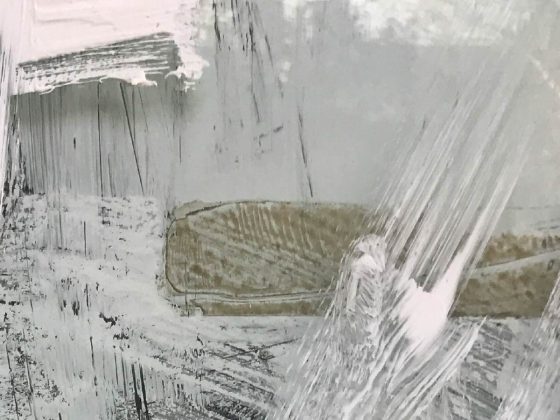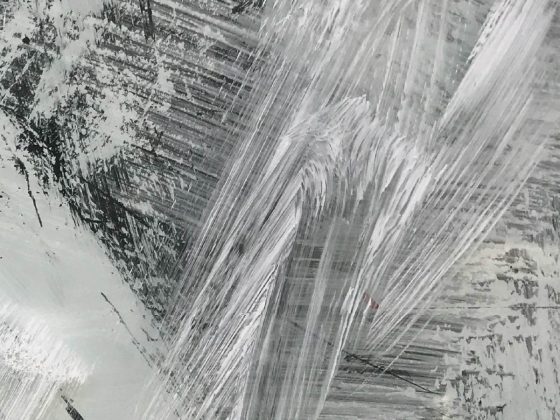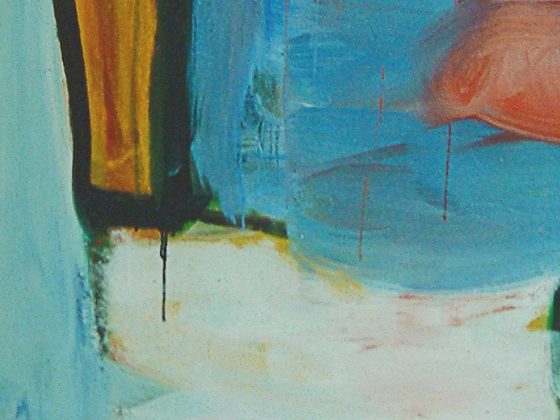Teología y cultura, año 9, vol. 14 (noviembre 2012), pp. 17-35 ISSN 1668-6233
Este artículo busca explicar los pasos filosóficos de Immanuel Kant desde la imposibilidad de probar la existencia de Dios hasta la fe racional. Para ello se presenta, en primer lugar, la crítica que hace Kant a los argumentos tradicionales que pretenden probar la existencia de Dios, como son el argumento ontológico, el argumento cosmológico y la prueba físico-teológica, para, en segundo lugar, presentar la vía alternativa por la que Kant busca responder a la pregunta por la existencia de Dios, es decir, el postulado moral. Por último, a raíz de lo expuesto anteriormente, se presenta la diferencia entre probar y postular la existencia de Dios, para llegar a la distinción entre el saber y la fe, a la que califica como fe racional.
Palabras clave: Kant, Dios, Fe racional, Pruebas.
Abstract: This article seeks to explain the philosophical steps of Immanuel Kant, from the impossibility of proving the existence of God to the rational faith. First, the author presents Kant’s critique of the traditional arguments which seek to prove the existence of God, such as the “ontological argument”, the “cosmological argument” and “physical-theological” proof, so as, second, to present the alternative pathway by which Kant seeks to answer the question about the existence of God, i.e. the moral postulate. Finally, as a result of the foregoing, the difference between proving and postulating the existence of God is presented, with the aim of arriving at the distinction between knowledge and faith; this distinction is described as rational faith.











